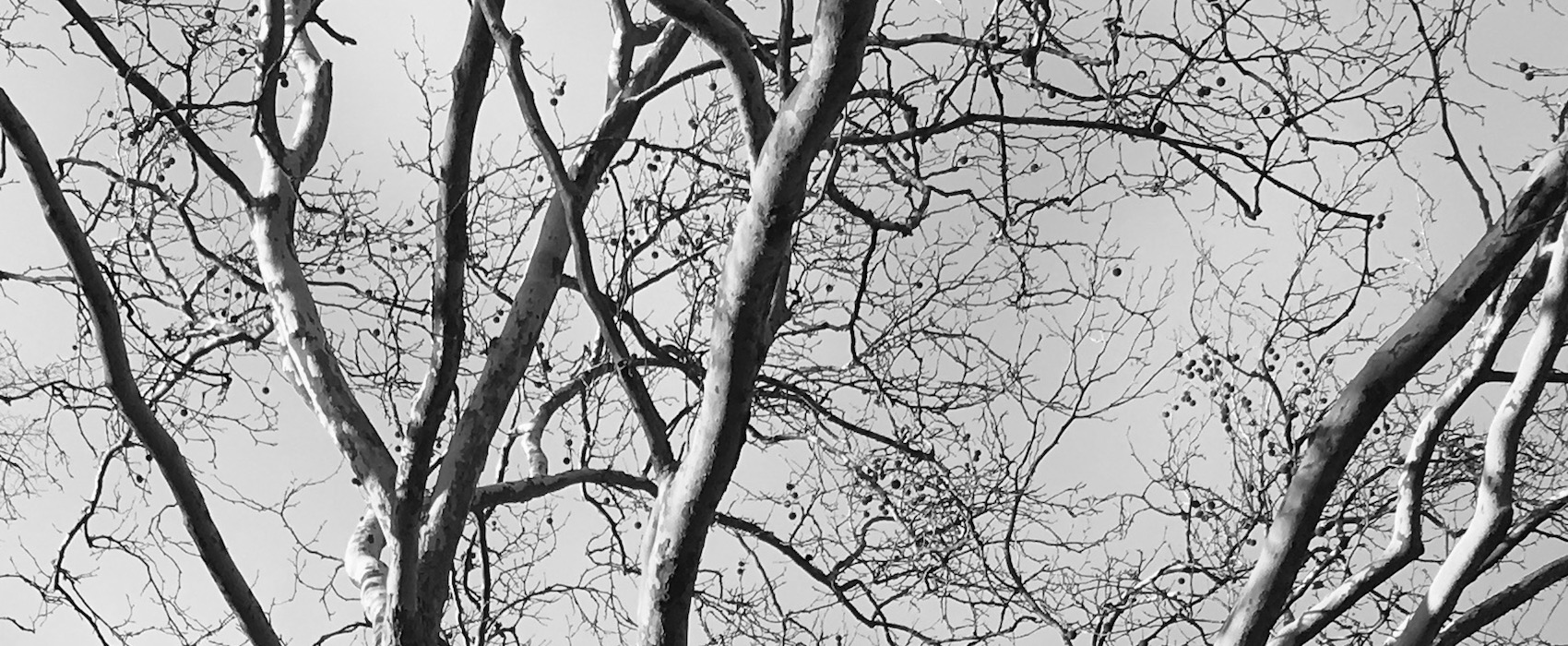Reading a new collection of Audre Lorde’s Your Silence Will Not Protect You, reading the words ‘white feminists’ brought me up short because of what I knew came next. It was the same reading bell hooks’ Wounds of Passion, her account of her struggle to write and her long-term relationship with her partner. Time and time again, white feminists failed them and other black women, refusing to listen and denying the validity of their experiences.
Perhaps it’s because we’re too preoccupied with being ‘good’ that many white women struggle to see themselves not just as on the receiving end of oppression, but as perpetrators too. The historian Mary Beard’s response after she was criticised for a tweet about Haiti, were familiar to many black women have come to expect over the years. But white feminism’s failures over race and class clearly have ‘form’ given that Lorde wrote her essays, letters and poetry in the 1970s and 1980s, before her death in 1992 and hooks’ 1999 book focuses on her experiences in the 1970s.
It’s been challenging to think about the relatively few books by black women I’ve read over the years – and yet hearing other women’s stories and learning from history is crucial if we are going to avoid making the same mistakes decade after decade.
During my university years I volunteered at the city’s Rape Crisis centre and during a meeting one of the group made it clear she saw me as a middle class white woman who used her education as a means of power. No matter that I was entirely in awe of her, a woman who seemed to me both intelligent and articulate, nor that as the first person in my family to go to university I often felt like I was entirely out of my depth and completely undermined by the white, male staff, my being there made me part of and representative of a power structure that was a barrier to our relationship.
I have thought back to that time often, mostly wondering what I might have done differently, because at 18 I didn’t get very far beyond my own hurt. But all these years on, Lorde’s assertion that The Master’s Tools Will Never Dismantle the Master’s House is challenging me as I am thinking about rebuilding my life from the ground up. What kind of life do I want? And how do I avoid constructing edifices that not only close me off to other perspectives but also align me with those most invested in silencing them?
